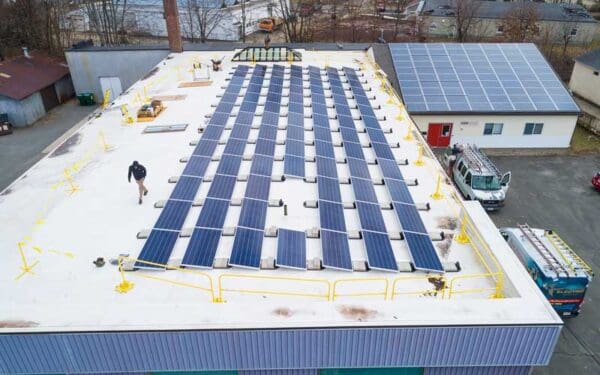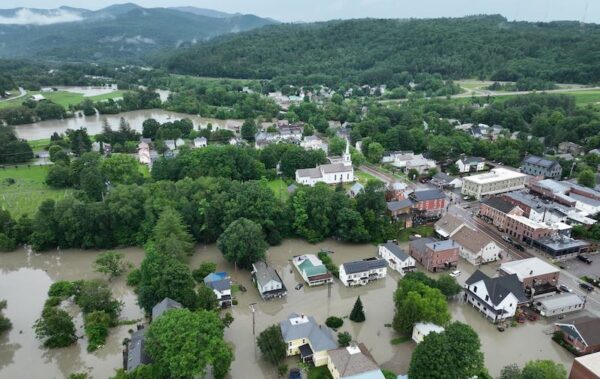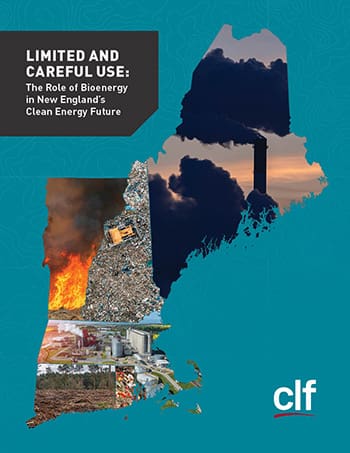Dec 18, 2023
Maine’s Board of Environmental Protection’s straw poll indicates the members’ positions on both standards preceding a formal, final decision that will take place at the end of December.
Dec 18, 2023
Microgrids will provide communities with energy independence, resilience, and security in the face of extreme weather.
Nov 30, 2023
COP28 is a reminder that local governments can act on climate even when political debate stymies global negotiations
Nov 29, 2023
Right whale mothers and calves are especially vulnerable to being hit by boats and ships. For the species to survive, we need to better protect them.
Nov 28, 2023
Outdoorswoman Mardi Fuller has reveled in nature all her life – hiking, backpacking, paddling, and more. In fact, the mountaineer, who enjoys hiking, backcountry skiing, and ice climbing, has earned a rare distinction: In January 2021, she became the first Black person to hike all 48 of New Hampshire’s 4,000-foot peaks in winter. “Maybe 1,000 people… Continue reading Mountaineer Mardi Fuller on Racial Equity in Nature
Nov 07, 2023
The climate crisis is here. That means we must not only focus on how to prevent future climate impacts but also on how to preserve life and prevent damage to our homes, neighborhoods, and cities today. Here’s how.
Nov 01, 2023
Fossil fuel companies are pushing alternative fuels as solutions to the climate crisis – but those fuels aren’t solutions at all.
Oct 30, 2023
CLF’s recently published study finds that bioenergy can play a limited role in industries that are near-impossible to electrify – but clean energy like solar, wind, and heat pumps must largely pave the path forward.
Oct 30, 2023
As the conversation around our clean energy future progresses, new fuels have entered the field that are purportedly “renewable” and “clean.” These fuels are often called “bioenergy” because they are produced from natural resources and waste. Policymakers are contending with what role these new fuels play in slowing climate change. CLF answers this question in… Continue reading Limited and Careful Use: The Role of Bioenergy in New England’s Clean Energy Future
Oct 24, 2023
“Harmful emissions from fossil fuel-powered cars and trucks are driving the climate crisis and polluting the air we breathe,” said CLF senior attorney Emily Green. “The clean car standards will save lives and clean up our air. But our leaders need to go beyond the rule they’re considering and go all electric by 2035. And rejecting the clean trucks standards would be absolutely the wrong move. Our future health, air, and climate depend on us taking bold action today.”










